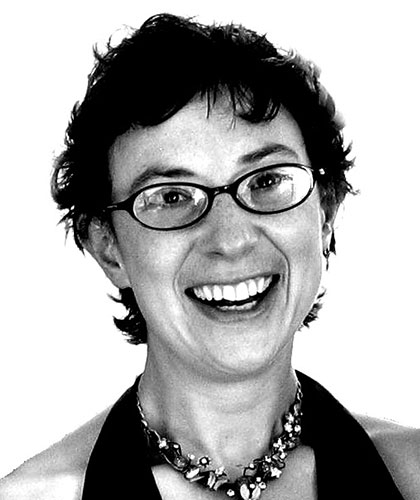Unlearning racism. Surely, Cath, you can’t be questioning such an obviously good thing to do? No, no, honest to god, I’m glad, I wanted to be part of a white caucus doing this stuff years ago, but, excuses, excuses, didn’t prioritise it.
And the housing co-op is an excellent ready-made group of people who know each other well – it is clear that most of us want to be held accountable and want the skills to hold each other accountable. Fab!
But I do feel a bit defeated and glum.
What is it about racism that finally draws us all together and ready for accountability, prepared to learn how to tell each other to check our privilege?
I feel there’s something similar about the unlearning of racist assumptions/behaviours and the unlearning of fossil-fuel-enabled assumptions/behaviours.
I want to compare them.
I want to challenge my co-op and wider social circle: can we put that same effort into exploring and changing the impact of choices around convenience, leisure, where we spend our money?
I’m worried that comparing them is itself racist/classist, and that not being able to see why is just my privilege blinkers.
I see them as very obviously two sides of the same coin – after all, as well as the land/plants/animals/air/water/spiritual impacts, impacts of our consumption on other humans are felt most by poor communities and black and brown communities around the world.
But I think my analysis is seen as out-of-date, ’90s – ‘Hey, Cath, we’ve moved on now and recognise that all the people without privilege deserve a high material quality of life and access to stuff.’ The caveat is: the closer to us they are, the more they matter.
I’ve become enamoured of the concept of Tekmîl, or ‘report’ in Kurdish, meaning ‘constructive criticism’.
This is a feature of the revolution in Northern Syria (aka Rojava) – the frequent settling in to a session of critique/self-critique.
My goal in our co-op’s ‘Unlearning Racism’ process is to learn to give and receive feedback gracefully, because I find both of those things so difficult.
I’m not progressing very well, I’m struggling to trust.
And I wonder whether there’s something about the cultural context that is relevant here – Tekmîl is undertaken in a context of Hevaltî, which roughly translates as ‘friendship’ or ‘comradeship’.
Walking round the park with a new friend who’s spent time in Rojava, we discussed accountability and the almost unconditional love and respect for one’s comrades.
This is what supports and enables Tekmîl – it’s easier to be vulnerable, to hear critique, in the knowledge that, despite your many flaws, your comrades continue to need, value and enjoy your comradeship and want to help you change.
They need you, it’s not possible to be emotionally or socially discarded.
And they know that change is a lifelong journey and that we all are struggling with it.
My friend’s example was: ‘This is my comrade, and even though sometimes he’s a macho, sexist idiot, I would die for him.’
Is living in desperately bad material circumstances a pre-requisite for a revolutionary society?
For many of us who could be called ‘activists’, a change of heart can easily mean opting back into the relative ease and comfort of mainstream capitalism.
Does this mean we never fully commit, but instead keep our options open? (And, even writing that sentence, I’m thinking – ‘Commit to what? Commit to whom?’)
I’m reminded of a friend, years ago, looking around our social circle and feeling betrayed – she thought everyone was focusing on the revolution, only to discover after a decade that most had been making backup plans.
People had academic careers, decent jobs, hadn’t been arrested too many times. But she didn’t have this – she had fully committed to a life of passionate struggle, squatting and living on very little and now she was skint, with few marketable skills and an increasingly thin support network as people withdrew into family life.
I watched and felt powerless to help – my backup plan was the housing co-op and workers co-op. They enabled me (and continue to enable me) to keep my life geared to change. But they’re so small and fragile, there’s not room for everyone.
And it’s also clear that the co-ops serve people’s individual agendas for a while before they move on and younger people take their place. And while they provide security, agency and resources, they also demand time and focus – away from the external change-making and onto the maintenance of property, of income-generation and of relationships.
The co-ops are a double-edged sword – on the one hand providing resources and capacity for activism and on the other providing a different focus and removing the material need for struggle.
So what is it about racism that has brought us together, created a collective focus? Answers on a postcard please!


